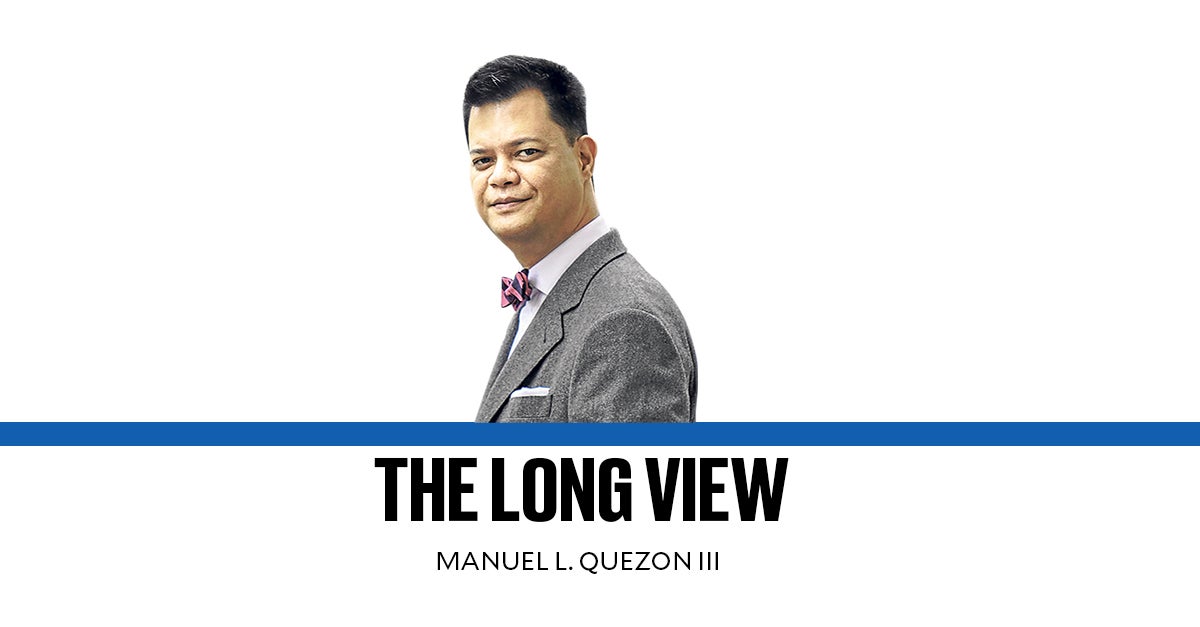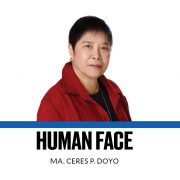Tag team

Independent Commission for Infrastructure chair Andres Reyes Jr. yesterday asked the Ombudsman to investigate Department of Public Works and Highways officials, starting with former Secretary Manuel Bonoan, to former Undersecretaries Roberto Bernardo and Maria Catalina Cabral, in connection with flood control project anomalies. In doing so, he addressed criticism of the ad hoc committee, which is that it lacked prosecutorial powers; but it also reminded me of a long-standing proposal to reform the Ombudsman’s office.
As long as we’ve had government, there’s been the perception that too often, officials are more interested in themselves than in public service. And so you have two pressing public needs: first, for a people’s advocate; second, for those advocates to be armed with legal powers to actually accomplish something.
Randy David once pointed out in his column in this paper that Sweden gave the world the institution of the Ombudsman in 1809, and that an Ombudsman’s function is to receive complaints from citizens, especially when it comes to their dealing with government. David also pointed out that one fundamental requirement for an effective Ombudsman is integrity—not just personal integrity, but the kind widely recognized so as to make the Ombudsman a person respected by the community as a whole.
In fact, all the requirements for a genuine Ombudsman were demonstrated by the man who first held the office in our country, even though he didn’t have that formal title.
Manuel P. Manahan, war veteran, imprisoned by the Japanese at Fort Santiago, ex-newspaper publisher, and who organized the Magsaysay for President movement, was a stocky man reported to have many of the mannerisms of, and a physical resemblance, to the late President Ramon Magsaysay.
Manahan had been put in charge, by Magsaysay, of one of the president’s pet projects, the complaints and action committee. For a nominal charge, anyone could send a telegram with a complaint directly to the president. The idea of a designated pinch-hitter for the public was so strong that subsequent administrations bore the Magsaysay-Manahan institution in mind.
Then President Diosdado Macapagal wanted to be his own Ombudsman, instituting Common Man’s Day in the Palace, where anyone could line up and report a problem to him for presidential action.
But there’s more to it than that. When Manahan was appointed by Magsaysay, he was told to “start sweeping out grafters from the government and prosecuting criminal elements in the country.” In other words, besides being someone to run to for help, people like Manahan were supposed to convict grafters and crooks and throw them in jail.
After Manahan’s time, legislation was attempted to give legal teeth to the fight against graft and corruption. Among the most prominent in this effort was the late Sen. Arturo Tolentino. His pioneering efforts can be said to have borne fruit in later laws like the anti-plunder law.
Whether deservedly or not, the Ombudsmen, instead of being “protectors of the people,” as the Constitution puts it, have been perceived to be protectors of the presidents that appointed them. Some have suggested that part of the problem may be that the office itself may have bitten off more than it can logically chew.
The late Jesuit priest and lawyer Joaquin Bernas in his column gave us an insight into what he and his fellow Constitutional commissioners were thinking when they decided to set up the position of Ombudsman.
At the time, there already existed the position of Tanodbayan, who was investigator and prosecutor of official wrongdoing, with broad powers.
Bernas said that at first the Constitutional Commission wanted to separate investigation from prosecution. In its place, they’d set up an Ombudsman, ideally a person of great personal prestige, who would be a people’s advocate, someone to run to and be a busybody on your behalf.
In the Commission, former Sen. Francisco “Soc” Rodrigo argued against an Ombudsman in the traditional sense of the word, saying that without the position having prosecutorial powers, no one would pay any attention to the Ombudsman.
But the Constitutional Commission persisted and established an office more along the lines of someone to run to, and who would make a fuss on behalf of citizens.
Back in April 2008, I met Robert Hårdh, a Swedish lawyer from The Swedish Helsinki Committee for Human Rights. In my conversation with Hårdh, I asked him whether other countries were having problems with their Ombudsmen the way Filipinos have had problems with ours.
His answer intrigued me. “Sweden,” he said, “gave the world the institution of the Ombudsman—but it only works in Sweden. That is because it was an institution that developed according to a situation peculiar to Sweden, where you can expect an investigation by officials appointed by the authorities to be investigated.”
So maybe it isn’t a uniquely Filipino dilemma, to be frustrated by Ombudsmen who end up owing more to the appointing power than the public they’re supposed to serve.
That being the case, perhaps then we should seriously explore two possibilities. One, made back then by then Sen. Manuel Roxas II, was to appoint an ad hoc prosecutor every time a scandal arises. Or, another proposal you often hear: an Ombudsman directly elected by the people.
—————-
Email: mlquezon3@gmail.com; Twitter: @mlq3


















‘Disorderly behavior’ as shield for impunity